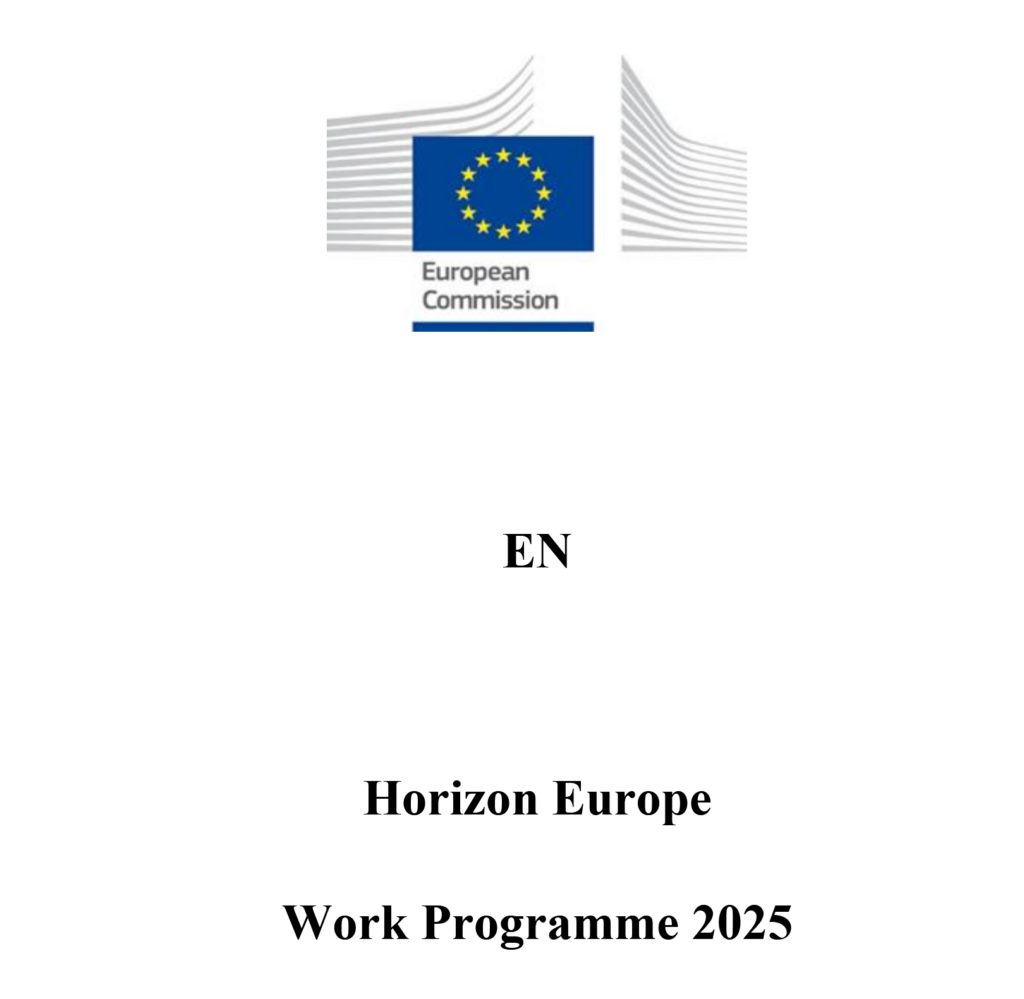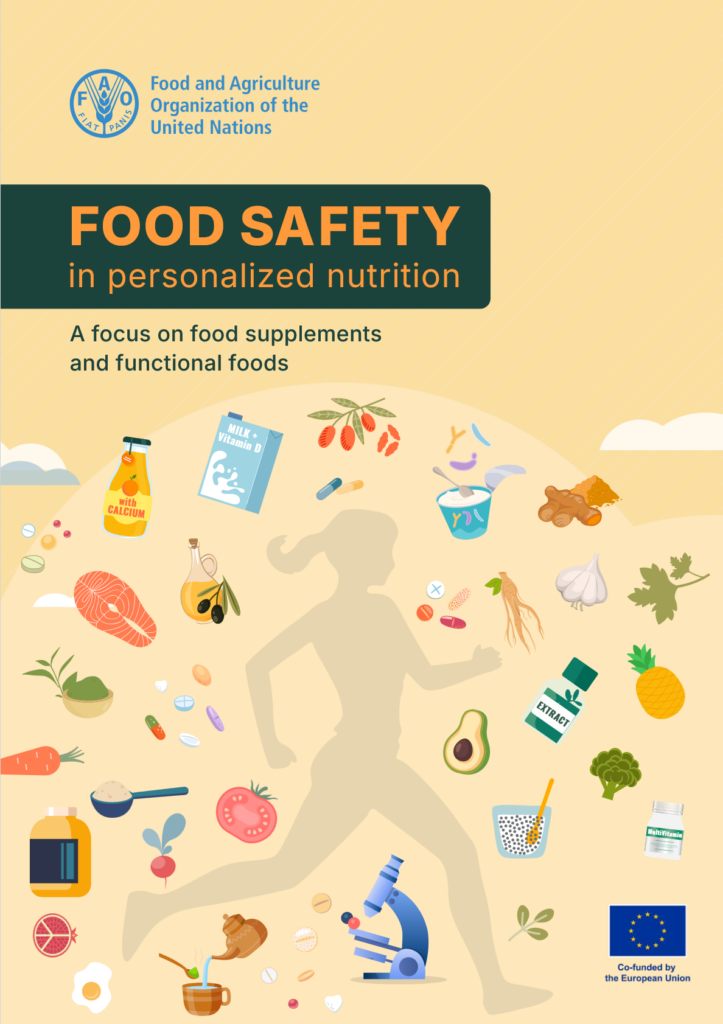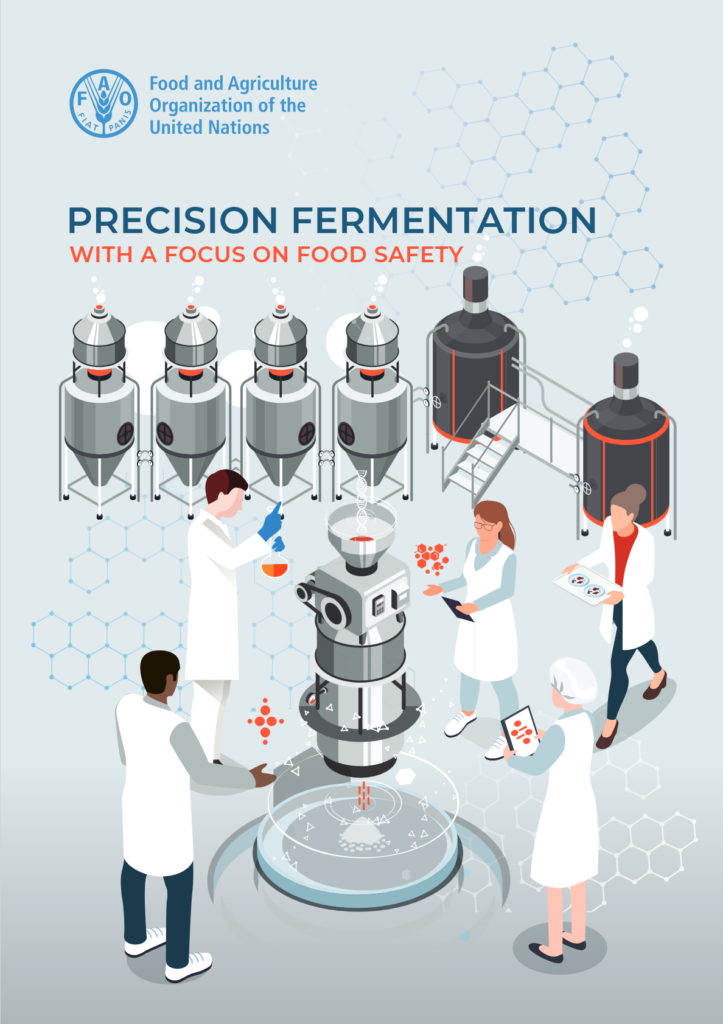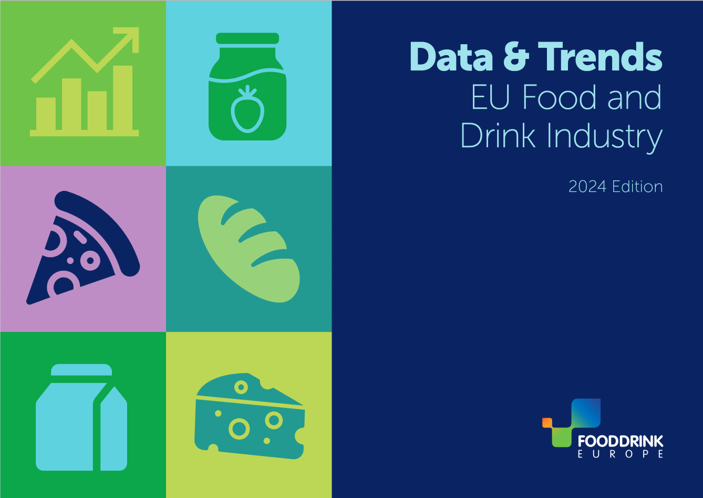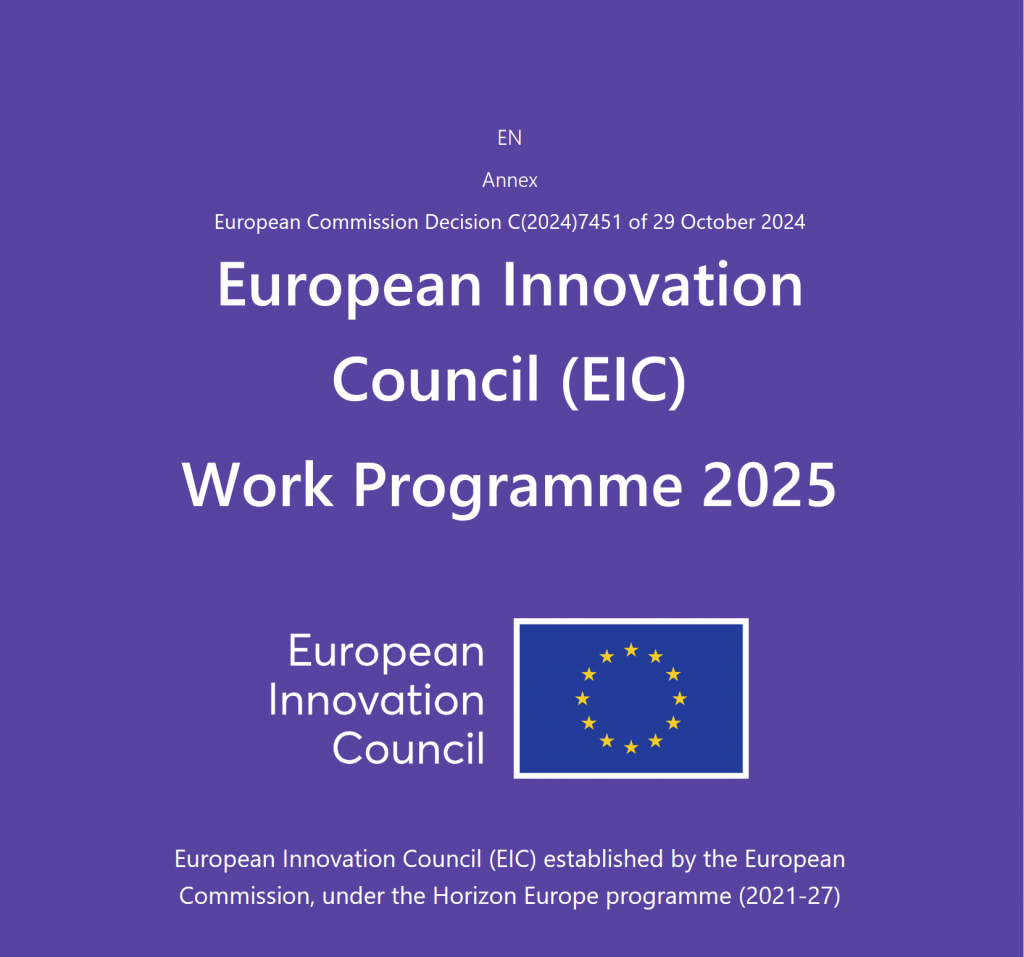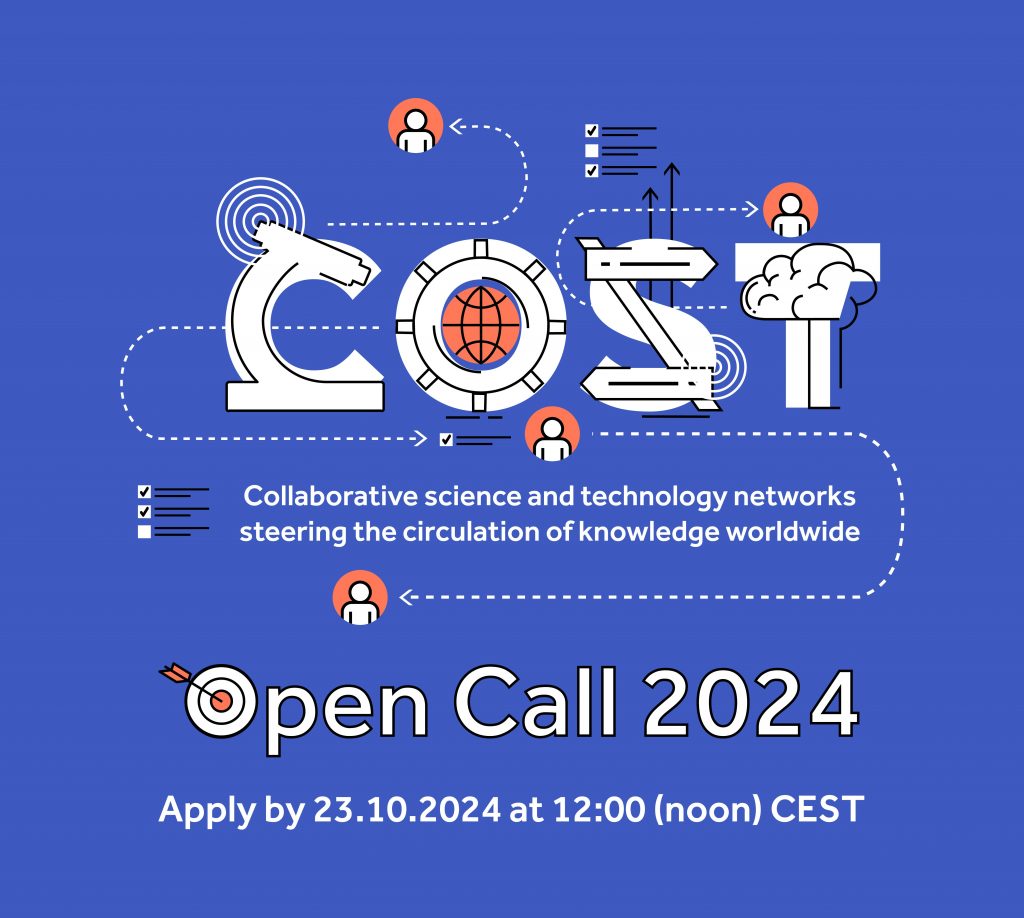The Horizon Europe Work Programme 2025 – released on May 14, 2025, by the European Commission – includes Cluster 6 |“Food, Bioeconomy, Natural Resources, Agriculture and Environment”—at its core. The cluster is pivotal in advancing sustainability, biodiversity, and climate resilience across agrifood chains and food systems.
Key initiatives include:
- Circular Economy & Bioeconomy for innovative business models and digital solutions to drive sustainable value chains.
- Zero Pollution for targeting environmental biotechnology for ecosystem remediation and pollution reduction.
- Biodiversity & Ecosystem Services focusing on large-scale biodiversity observations and nature restoration measures. Research and innovation
- Sustainable Food Systems for enhancing food security, nutrition, and mental health through innovative practices.
